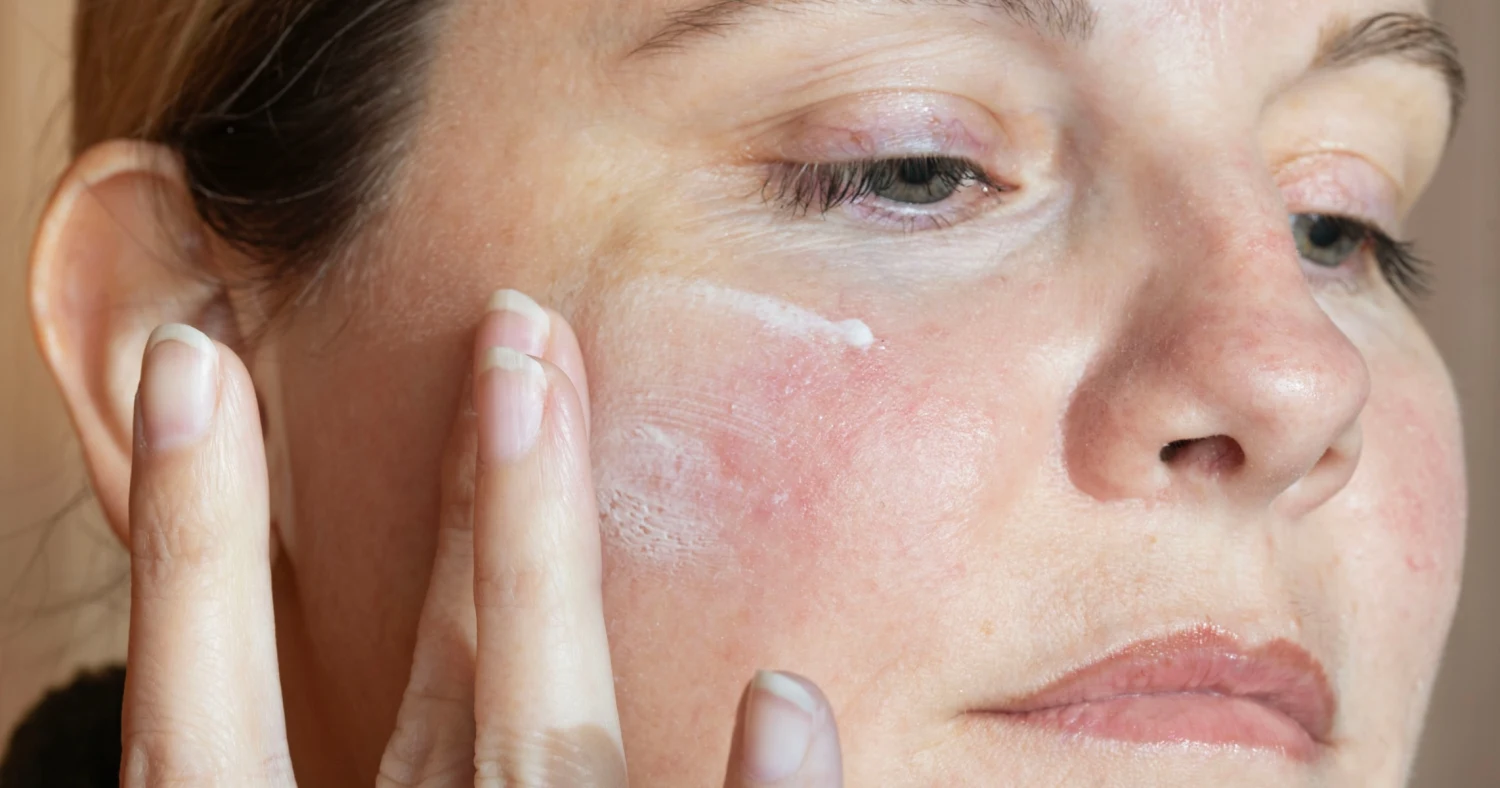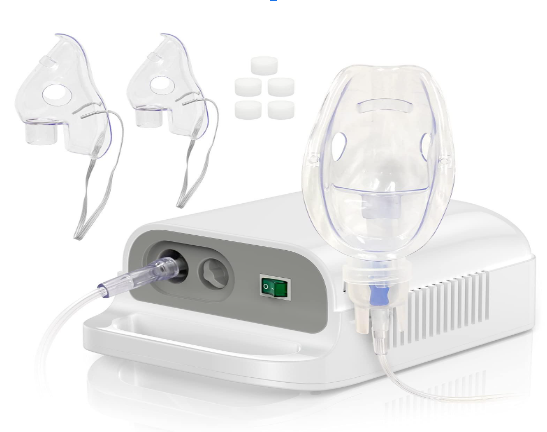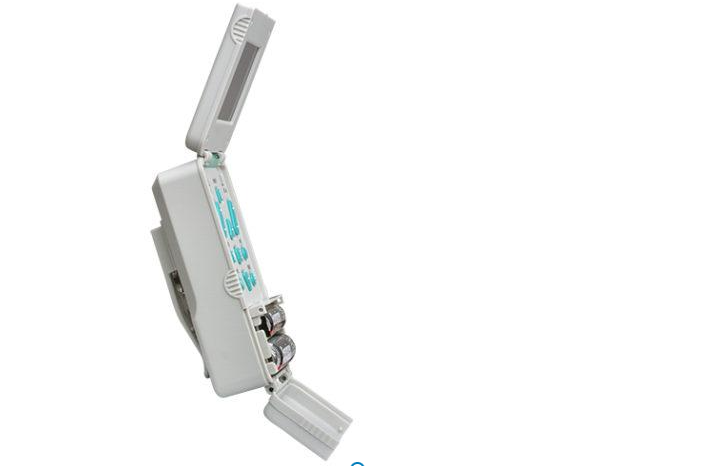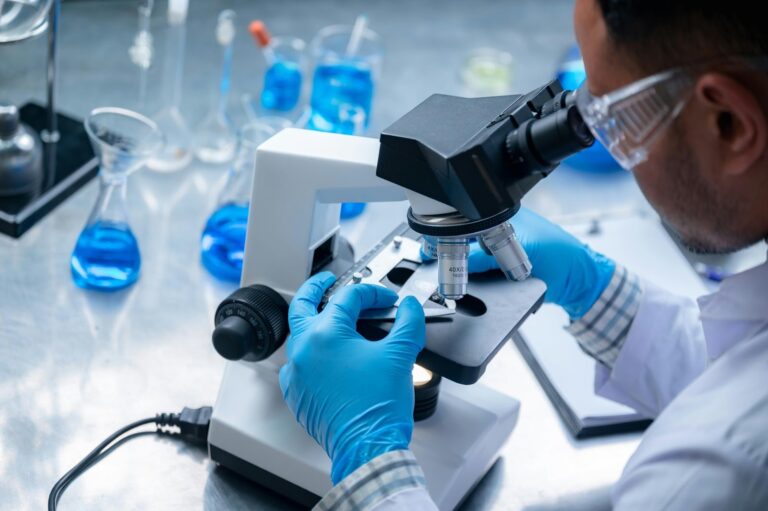What Do Dermatologists Recommend for Rosacea? Expert Advice and Treatment Options
Rosacea is a common but often frustrating skin condition that causes redness, visible blood vessels, and small bumps, particularly on the face. While there is no cure, dermatologists have developed a variety of treatments and recommendations to manage symptoms and prevent flare-ups. In this post, we’ll dive into expert advice and treatment options for rosacea, focusing on both medical treatments and lifestyle changes.
Common Treatments for Rosacea
- Topical Medications
Dermatologists often recommend topical treatments as the first line of defense against rosacea. One of the most effective ingredients is azelaic acid 14%, which helps reduce redness, inflammation, and the appearance of bumps associated with rosacea. This treatment works by reducing the growth of skin bacteria and decreasing keratin production, which can prevent clogged pores. - Oral Medications
In more severe cases of rosacea, oral medications may be prescribed. These can include antibiotics like doxycycline, which help reduce inflammation, or even low-dose isotretinoin for individuals who experience more resistant forms of the condition. These medications work from the inside out, targeting inflammation and reducing symptoms over time. - Laser and Light Therapy
For persistent redness and visible blood vessels, laser and light therapy are popular treatments. These procedures target the dilated blood vessels beneath the skin, reducing redness and improving skin tone. Laser therapy is typically performed by dermatologists in-office, and several sessions may be required for optimal results. - Rosacea-Specific Skincare
In addition to medical treatments, dermatologists recommend incorporating gentle, rosacea-friendly skincare products into your routine. This includes soothing cleansers, moisturizers, and sunscreens that won’t irritate your sensitive skin. Using rosacea skincare products can help reduce redness and calm flare-ups by providing your skin with the nourishment it needs without triggering irritation.
Lifestyle & Skincare Recommendations
- Dietary Changes
Diet plays a significant role in managing rosacea flare-ups. Certain foods and drinks can trigger inflammation, worsening rosacea symptoms. Many dermatologists recommend identifying personal triggers and avoiding foods that can lead to inflammation, such as spicy foods, alcohol, and hot beverages. On the flip side, there are foods that help rosacea inflammation, such as those rich in anti-inflammatory properties like leafy greens, omega-3 fatty acids, and foods rich in antioxidants. Maintaining a balanced diet is essential in keeping flare-ups under control. - Sun Protection
Sun exposure is a common trigger for rosacea flare-ups. Dermatologists recommend wearing broad-spectrum sunscreen daily, even on cloudy days. Look for sunscreens that are formulated for sensitive skin and free from fragrances, alcohol, or other potential irritants. In addition, wearing wide-brimmed hats and seeking shade during peak sunlight hours can provide extra protection for your skin. - Gentle Skincare Routine
It’s essential to follow a gentle skincare routine that doesn’t aggravate your skin. Avoid harsh scrubs, hot water, and products with alcohol or fragrances. A rosacea-friendly moisturizer can help strengthen the skin barrier, keeping it hydrated and protected from environmental irritants. Incorporating azelaic acid 14% into your skincare routine can also provide anti-inflammatory benefits, helping to calm redness and soothe your skin. - Stress Management
Stress is another common trigger for rosacea. Managing stress through relaxation techniques like yoga, meditation, or deep breathing can make a significant difference in reducing flare-ups. Regular exercise and maintaining a good sleep schedule also support overall skin health.
Conclusion
Dermatologists recommend a combination of medical treatments and lifestyle changes to manage rosacea effectively. Topical treatments like azelaic acid 14%, oral medications, and laser therapy can provide relief, while maintaining a gentle skincare routine with rosacea skincare products helps keep your skin calm and nourished. Paying attention to triggers, such as certain foods, stress, and sun exposure, is also crucial for preventing flare-ups. By following expert advice and adopting rosacea-friendly habits, you can take control of your symptoms and enjoy healthier, clearer skin.
Keep an eye for more news & updates on Buzz Released!





